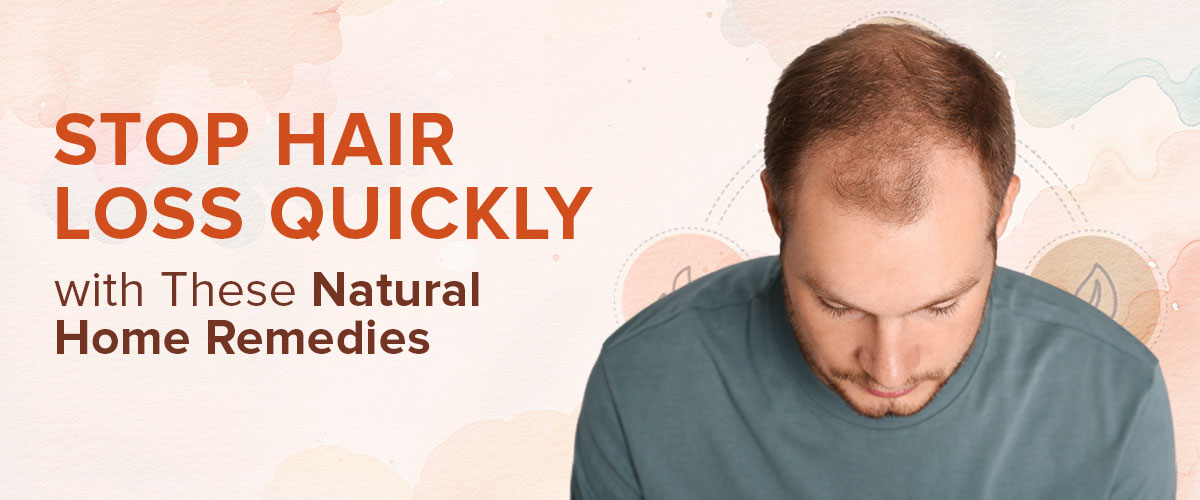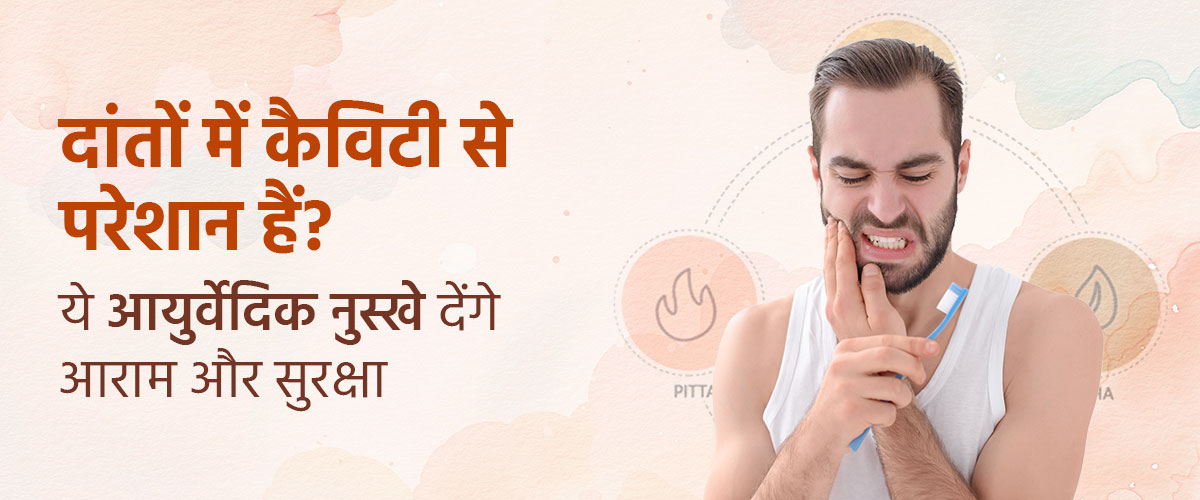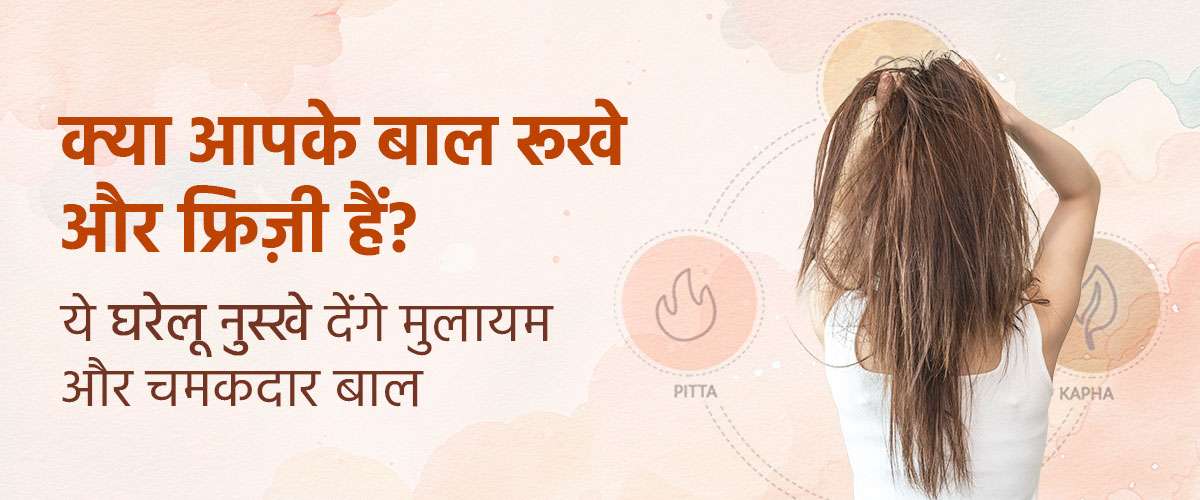Home Remedies for Hair Loss

Hair loss is a common concern for many people. It can happen to anyone, regardless of age or gender. It is normal to lose a few strands of hair daily but excessive hair loss is concerning. It can be caused by stress, diet, and health conditions. Hair loss affects self-confidence and mental health, which is why finding the right solutions for hair loss requires understanding the root causes.
Natural remedies may reduce hair fall and promote healthy growth. Also, small changes in lifestyle and hair care routine can make a huge difference. Many home remedies use natural ingredients that are available in every household. These remedies nourish the scalp and strengthen the roots of hair. Following a regular hair care routine is important for good hair health.
What Is Hair Loss?
Everyone loses some hair daily & losing 50 to 100 strands a day is normal. Hair loss means losing more hair than usual. It may lead to thinning or bald patches. Excessive hair loss could indicate an underlying issue. Hair loss could be temporary or permanent based on the cause & affects people differently (based on age and health).
Some people experience gradual thinning of hair, while others experience sudden hair fall. Hair growth occurs in cycles (growth, rest, and shedding). Disruptions in this cycle may cause excessive hair loss. Identifying the cause early may help manage the condition better. Taking proper care and using natural remedies can support hair health.
What Causes Hair Loss?
Hair loss can occur due to several reasons. It can be due to genetics, lifestyle choices, etc. Understanding the causes of hair loss can help prevent further hair loss and promote better hair growth.
Genetics: A common reason for hair loss is family history. If your parents or grandparents experienced hair thinning, you might be prone to it too. Genetic hair loss usually follows a pattern and occurs gradually over time.
Hormonal Changes: Hormonal changes (like during pregnancy, menopause, or thyroid disorders) can lead to excessive shedding of hair. Natural hair growth cycles might be disturbed by hormonal imbalances.
Stress: Emotional or physical stress may cause sudden hair loss. Stress pushes hair follicles into a resting phase.
Poor Nutrition: Lack of certain vitamins and minerals weakens hair. Nutrients like iron, protein, vitamins, etc. are important for strong hair. Deficiencies can slow growth and cause excessive shedding.
Medical Conditions: Hair loss can be caused by certain medical conditions (like alopecia areata or scalp infections).
Hairstyling Habits: Frequent use of heat styling tools and tight hairstyles can damage hair. Excessive styling eventually weakens the hair shaft, causing breakage and loss.
Ageing: Hair gets thinner and weaker as people age. The hair growth cycle slows down, causing gradual thinning or bald spots.
Home Remedies and Tips
Many natural remedies can help reduce hair loss and promote healthy growth. These remedies are easy, effective, and safe to implement at home. The regular use of natural ingredients can strengthen hair, promote healthy scalps, and help prevent further damage. Below listed are some effective home remedies and tips:
Coconut Oil Massage: Coconut oil nourishes the scalp and strengthens hair roots. Regular oiling improves blood circulation and prevents hair breakage. Warm the oil and gently massage it into your scalp for a few minutes. Leave it on for at least 1 hour. Then, wash it off with a mild shampoo.
Aloe Vera Gel: Enzymes in aloe vera encourage hair growth and decrease scalp inflammation. Apply fresh aloe vera gel directly to the scalp and leave it for 30 minutes. Rinse with lukewarm water and repeat 2 times in 1 week for best results.
Onion Juice: Onion juice contains sulphur that stimulates collagen production and strengthens hair roots. Take fresh onion juice and apply it to your scalp. Leave it on for 15-20 minutes before rinsing.
Fenugreek Seeds Paste: The seeds of fenugreek contain protein and nicotinic acid to promote hair growth. Soak the seeds overnight and grind them to a paste. Put this paste on your scalp and leave it for 30 minutes before rinsing.
Green Tea Rinse: Green tea has antioxidants that slow down hair loss and stimulate hair follicles. Brew some green tea and allow it to cool. Use it as a final rinse after shampooing.
Egg Mask: Eggs contain protein and biotin. Both are important for strong and healthy hair. Beat an egg with 1 tablespoon of olive oil. Apply the mixture to your scalp and hair. Leave it for 20 minutes before washing. This mask nourishes deeply and prevents hair breakage.
Castor Oil Treatment: Castor oil has a thick consistency and hair growth properties. It contains ricinoleic acid (which nourishes the scalp and prevents hair thinning). Apply castor oil mixed with coconut oil and massage it gently. Leave it overnight and rinse it off in the morning.
Apple Cider Vinegar Rinse: Apple cider vinegar balances the scalp’s pH level. It also removes buildup from hair follicles. Dilute some apple cider vinegar with water. Use this diluted mix as a rinse after shampooing.
Hibiscus Flower Paste: Hibiscus flowers are rich in vitamins and amino acids. These compounds can strengthen hair and prevent hair fall. Crush fresh hibiscus flowers and mix them with coconut oil to make a paste. Apply it to your scalp and wash after 30 minutes for best results.
Neem Water Rinse: Neem has antibacterial properties. It helps keep the scalp healthy and free from infections. Boil a handful of neem leaves in water and let it cool. Use the neem water to rinse your hair after shampooing.
Yoghurt and Honey Mask: Yoghurt is rich in probiotics and proteins that nourish the scalp and promote hair growth. Mix yoghurt with honey and apply it to your scalp and hair. Leave it for 20-30 minutes and then wash it off.
Lifestyle and Diet Recommendations
A healthy lifestyle and balanced diet can prevent hair loss. A well-rounded routine can improve hair strength, prevent breakage, and promote overall well-being. Below are lifestyle recommendations that can reduce hair fall and support better hair growth.
Stay Hydrated: Drink at least 8 glasses of water daily to keep hair hydrated and prevent dryness.
Manage Stress: Practice yoga, deep breathing, or meditation to relieve stress and prevent hair loss.
Exercise Regularly: Engage in physical activities like walking, jogging, or cycling to improve blood circulation to the scalp.
Get Enough Sleep: Sleep 7-8 hours every night to allow hair follicles to regenerate.
Avoid Smoking and Alcohol: Smoking and alcohol negatively affect blood flow, weakening hair roots and causing more hair loss.
Protect Hair from Sun Damage: Cover your hair when exposed to harsh sunlight to prevent dryness and breakage.
Limit Heat Styling: Reduce the use of blow dryers, straighteners, and curling irons to avoid hair damage.
Choose Mild Hair Products: Make use of mild sulphate-free shampoos and conditioners for your hair and scalp.
Diet for Hair Loss
Eating a nutrient-dense diet provides essential vitamins and minerals needed for hair growth. You should include the following nutrients in your daily meals:
Protein: Eggs, fish, lentils, and lean meat provide protein that strengthens hair and promotes growth.
Iron: Spinach, beans, and red meat boost the oxygen supply to hair follicles, which in turn reduces hair fall.
Biotin: Nuts, seeds, and sweet potatoes help improve hair thickness and reduce breakage.
Omega-3 Fatty Acids: Walnuts, flaxseeds, and fatty fish keep hair moisturised & prevent dryness.
Vitamin C: Citrus fruits, bell peppers, and strawberries support collagen production for stronger hair.
Zinc: Pumpkin seeds, chickpeas, and cashews help repair hair tissue and support growth.
Vitamin A: Carrots, sweet potatoes, and spinach promote scalp health.
B Vitamins: Whole grains, dairy, and leafy greens boost hair strength and also prevent thinning of hair.



 Prev
Prev





































































































